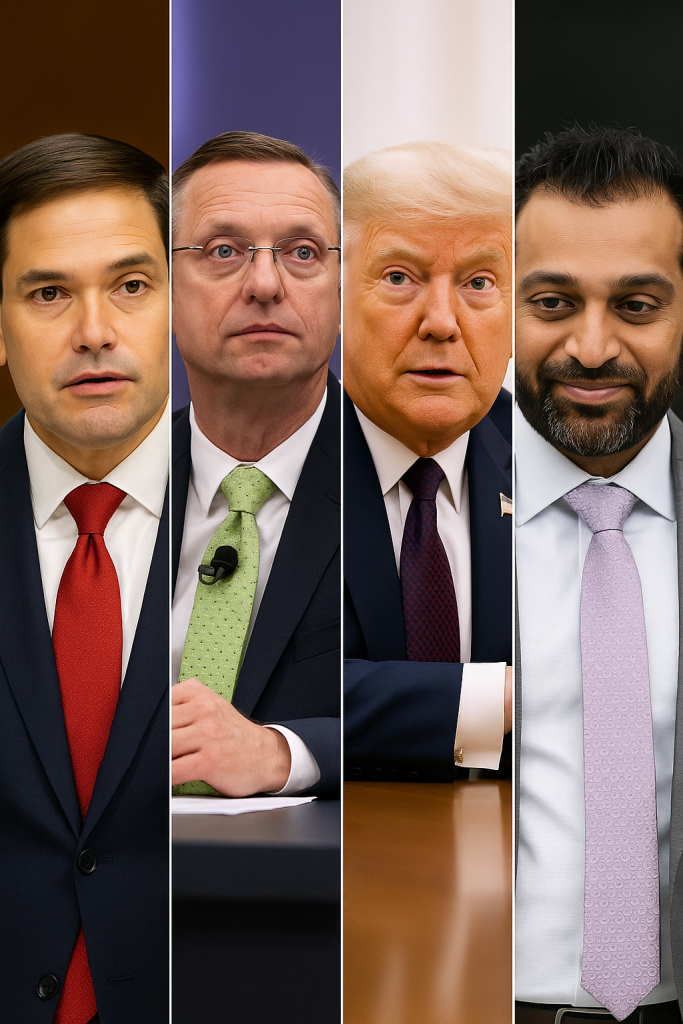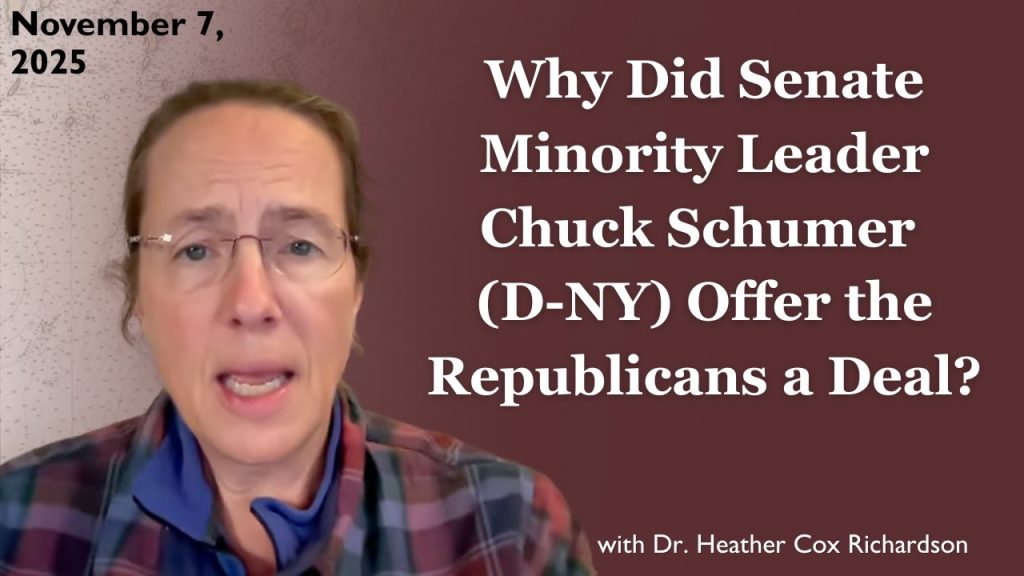In a surprising and strategic development, President Donald Trump has announced key appointments for his anticipated second administration, notably naming Senator Marco Rubio as Secretary of State. This decision marks a significant reshuffling within the Cabinet, as several members and officials are expected to take on multiple roles to streamline policy execution and bolster the administration’s international and domestic agenda.
The appointment of Marco Rubio, a prominent Republican senator known for his foreign policy expertise and strong stance on national security, signals a renewed focus on global diplomacy and a more assertive American presence on the world stage. Rubio’s vast experience in Senate Foreign Relations committees is seen as a critical asset in navigating complex geopolitical challenges.
Dual Responsibilities and Cabinet Restructuring
Beyond Rubio’s significant new role, President Trump has tasked several of his Cabinet members with multiple responsibilities, a move designed to create a more agile executive branch capable of addressing cross-cutting issues more efficiently. This approach reflects Trump’s long-standing preference for consolidating power among trusted officials to maintain cohesion and swift decision-making in governance.
While exact details remain under wraps, reports indicate that officials in areas such as defense, economic policy, and homeland security may also oversee overlapping duties. This innovative structure is intended to cut through bureaucratic red tape and better align various departmental goals with the administration’s overarching priorities.
Rubio’s Vision for State Department
As Secretary of State, Rubio faces the challenge of balancing traditional diplomatic roles with emerging priorities such as technological security, climate-related international cooperation, and managing strained alliances. Observers note that his tough stance on countries like China, Venezuela, and Iran will likely influence the administration’s foreign policy direction.
Rubio’s role is further complicated by the evolving geopolitical landscape heading into 2024, including ongoing tensions in Eastern Europe, the Indo-Pacific region, and volatile alliances in the Middle East. His leadership will be crucial in steering the U.S. through these intricate issues while maintaining the country’s global influence.
Implications for the 2024 Political Landscape
The announcement comes as the Trump campaign gears up for the 2024 presidential election, where foreign policy is expected to be a pivotal topic. By elevating Rubio to such a visible and influential position, Trump underscores his intent to present a strong, experienced cabinet aligned with his vision of America’s role worldwide.
This consolidation of roles also reflects a broader trend in contemporary governance, where overlapping portfolios can enhance communication between departments. However, it also raises questions about workload and the potential for conflicts in policy priorities.
Looking Ahead
As the new administration prepares to formally launch, all eyes will be on how Rubio and other Cabinet members manage their dual or multiple assignments. The success of this governance model could redefine the operational dynamics of the White House and the federal government.
For now, the appointment of Marco Rubio as Secretary of State stands out as a clear message from President Trump: expertise, loyalty, and multifaceted leadership will be key to navigating the complex challenges ahead for the United States on the global stage.



